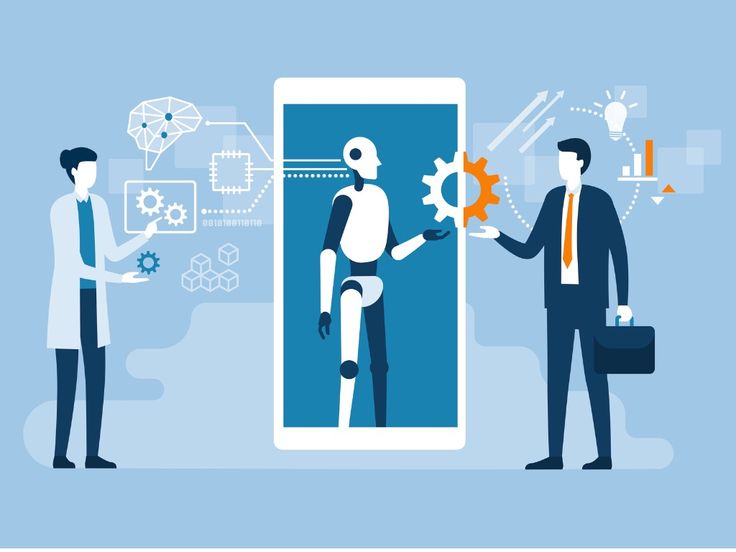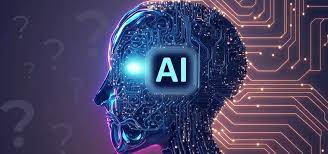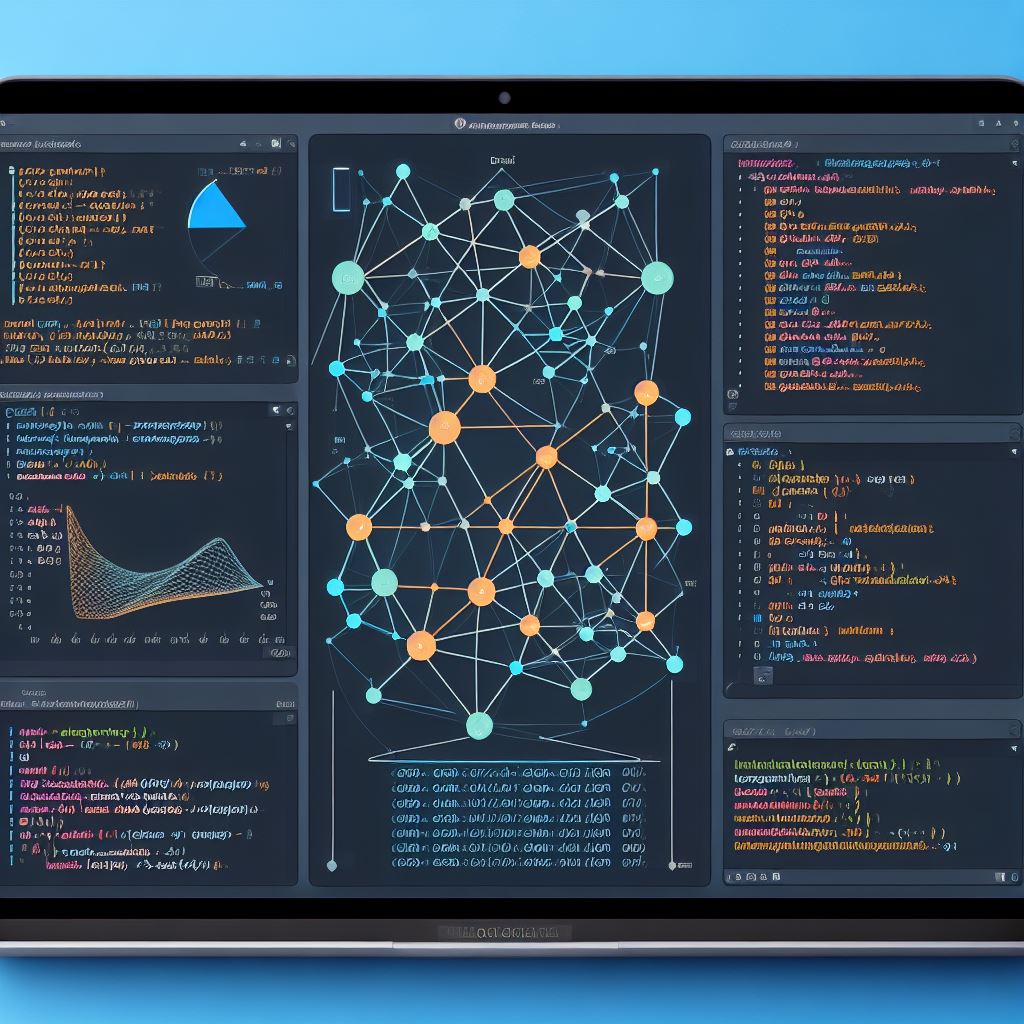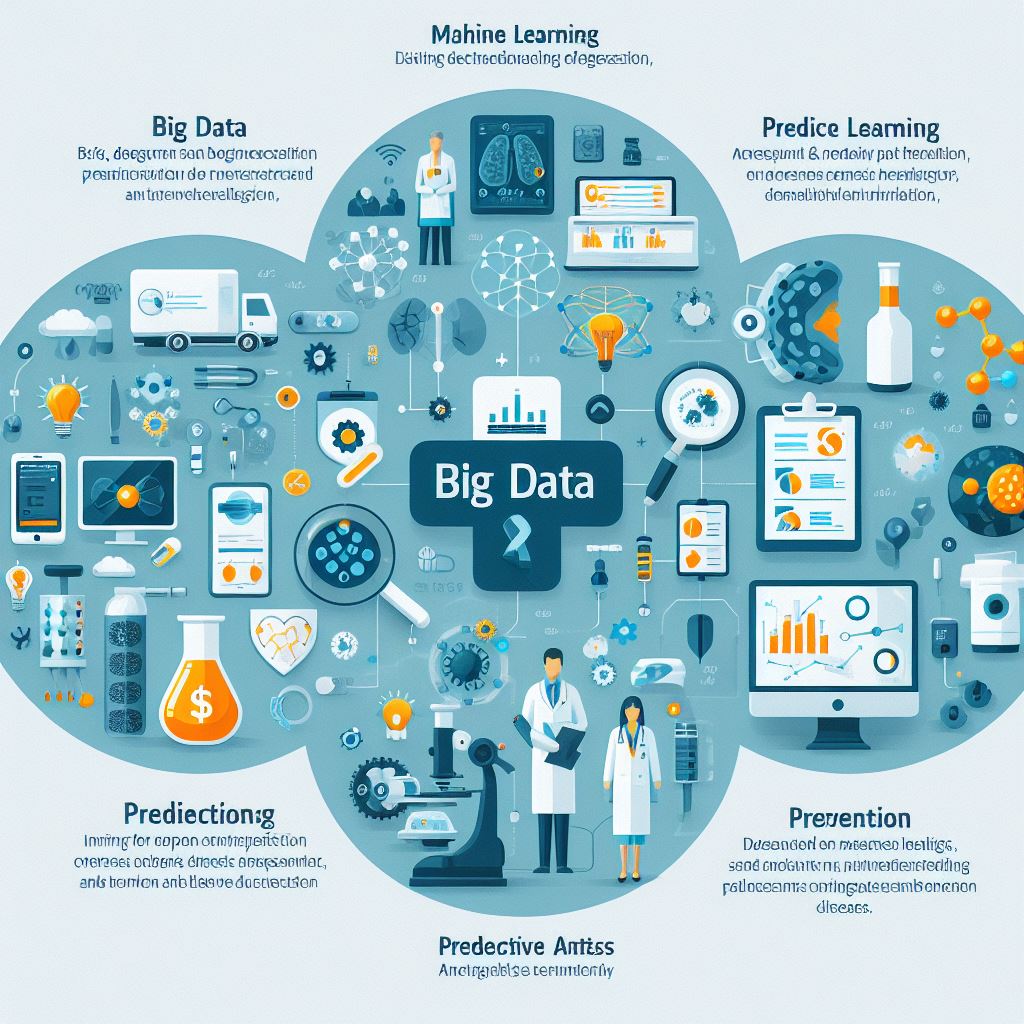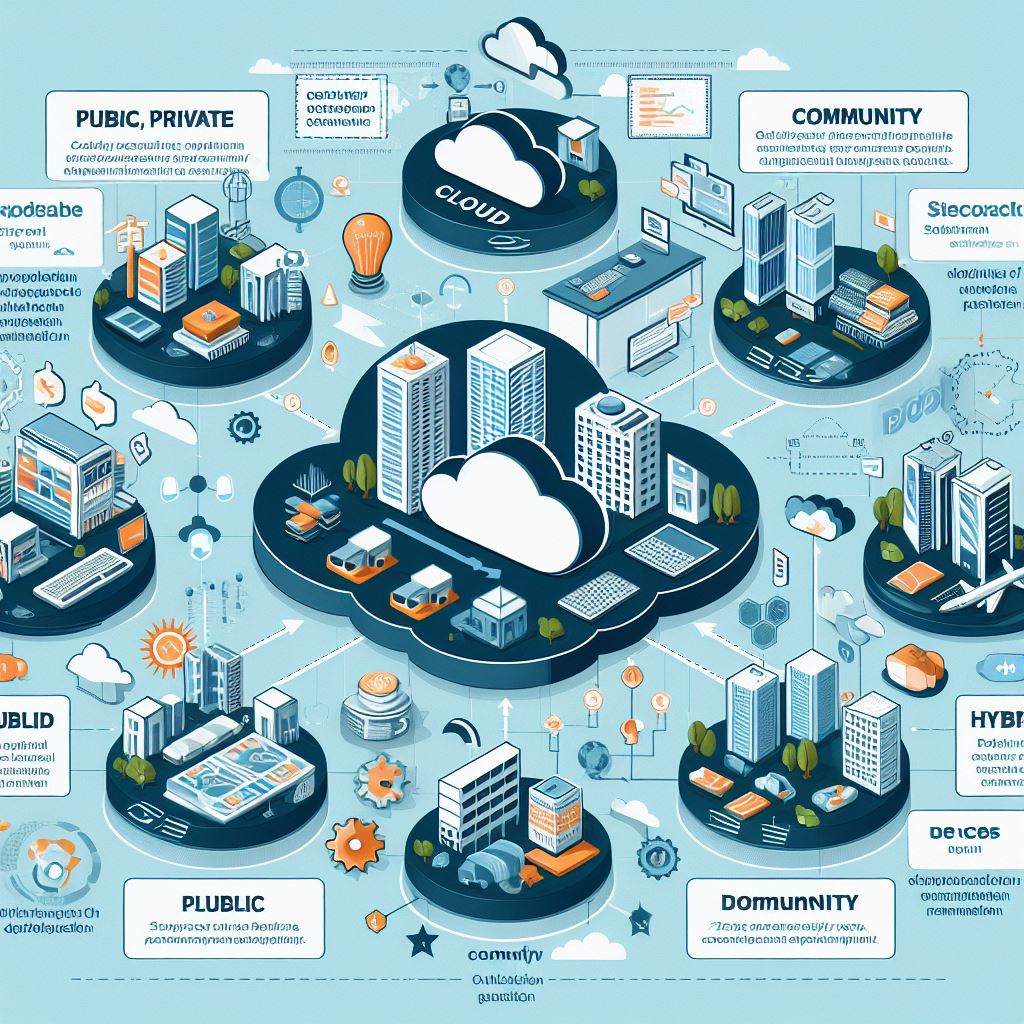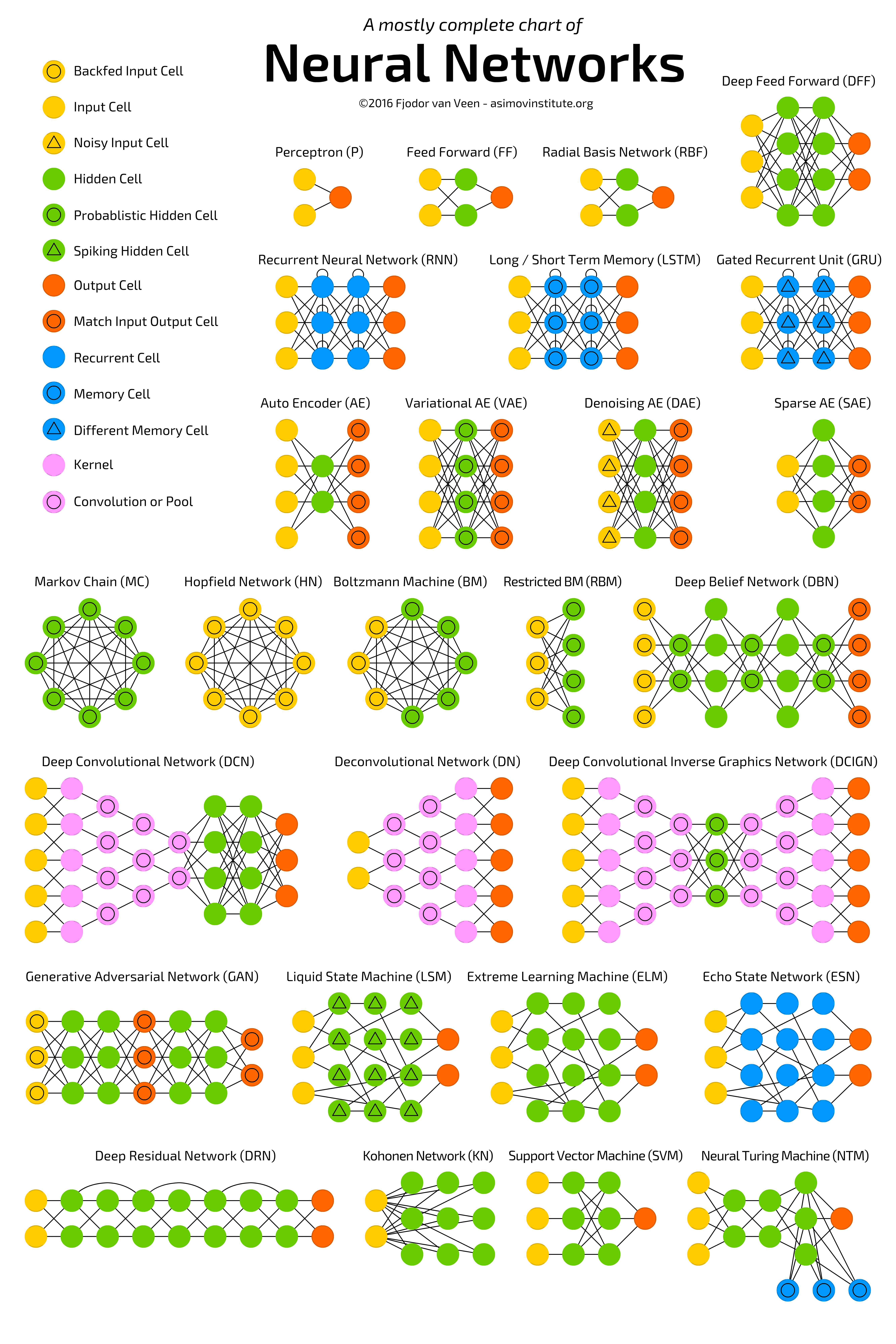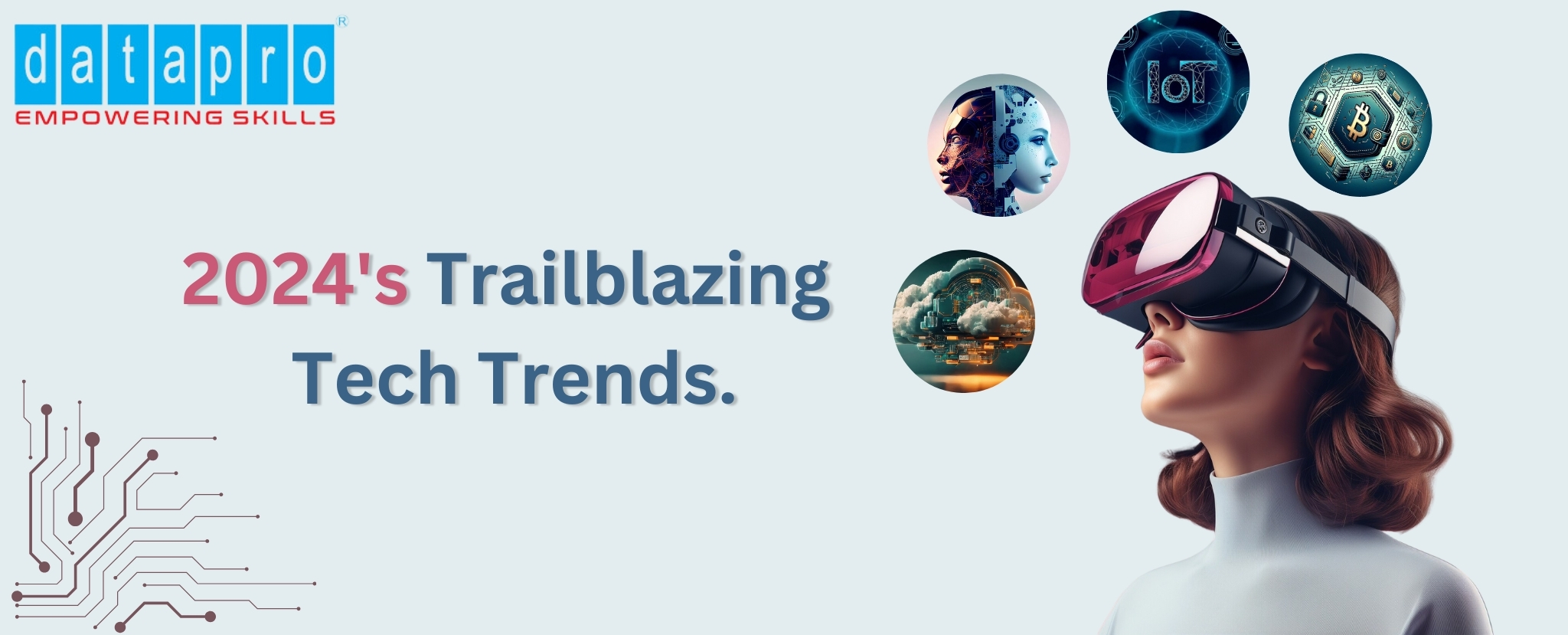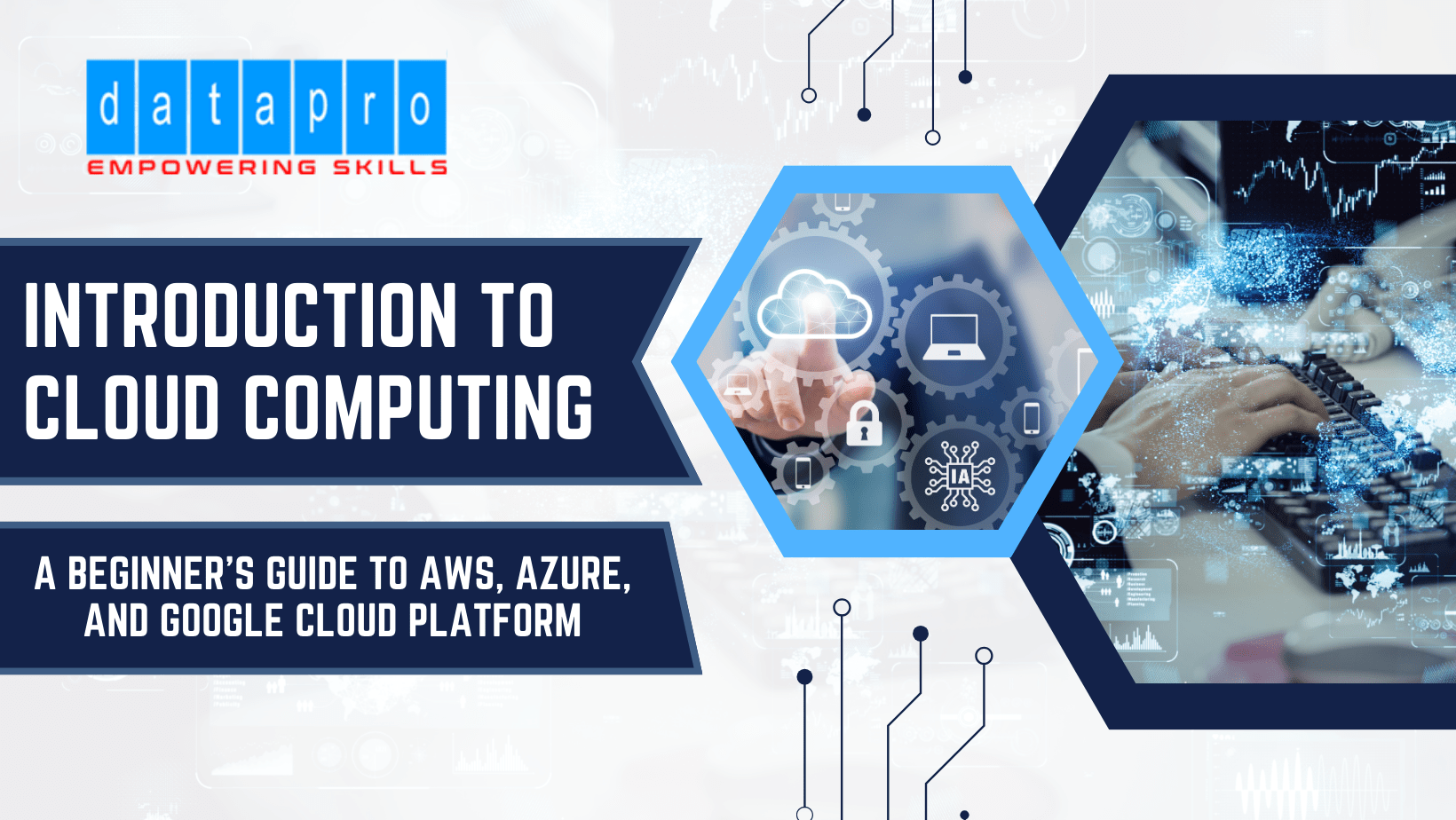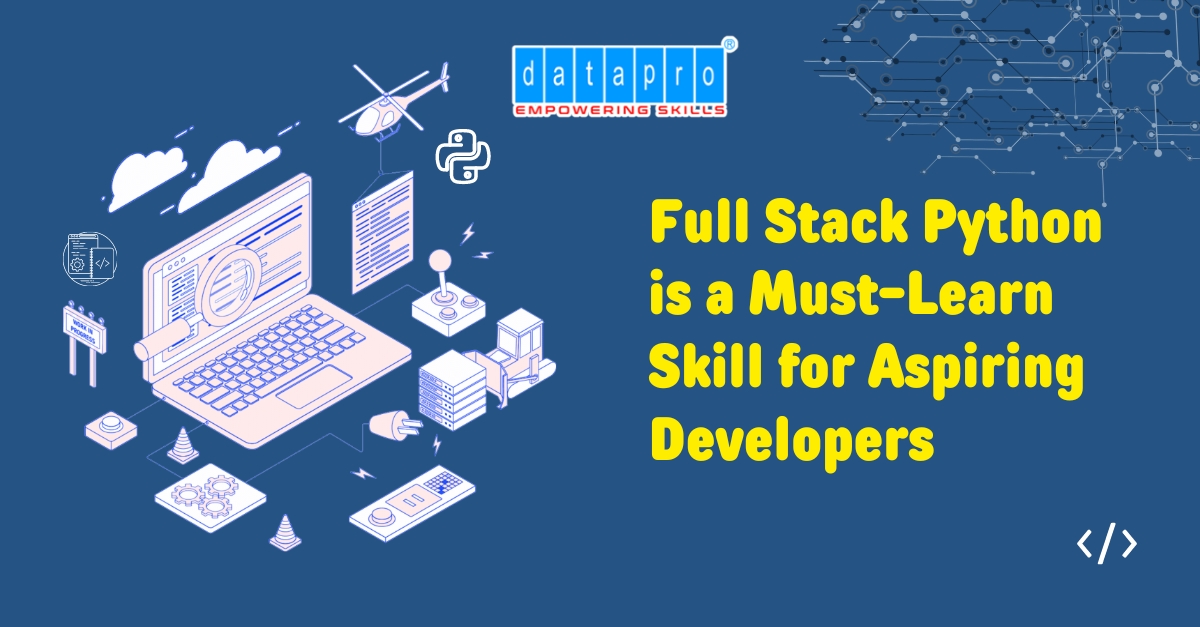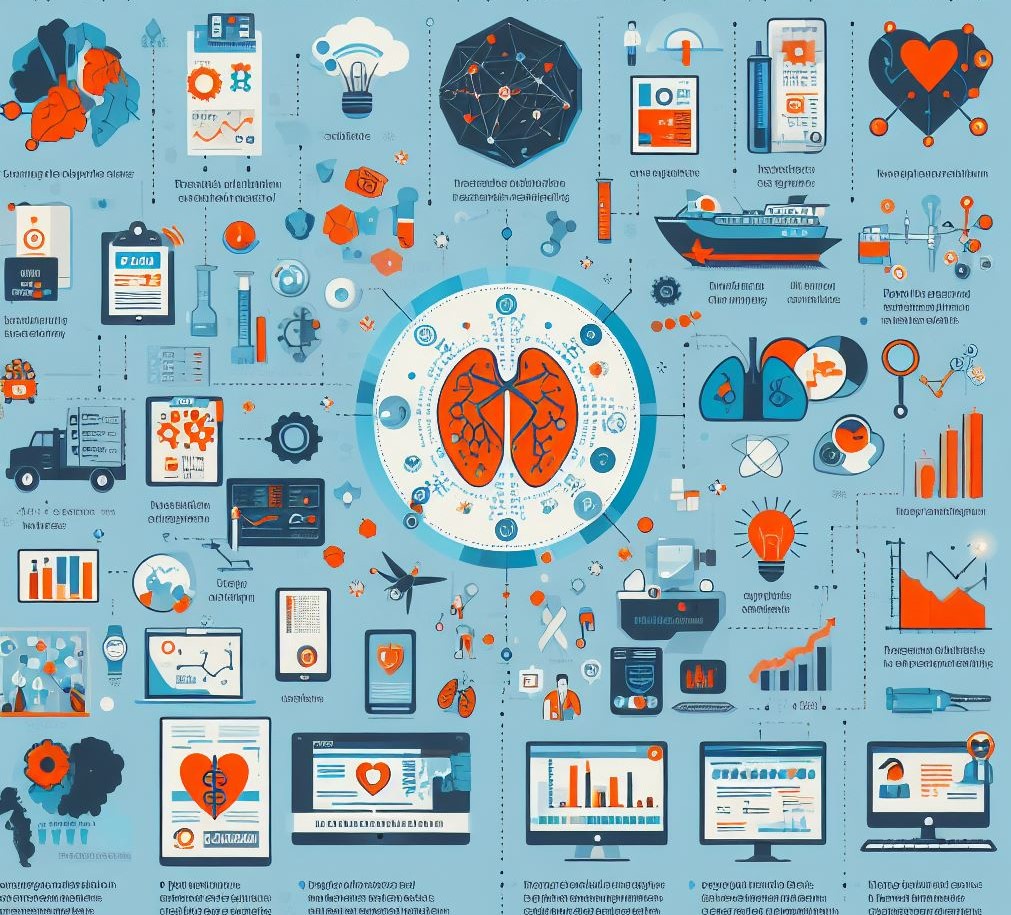
Introduction to Healthcare Analytics
Healthcare analytics in data science has emerged as a powerful tool in the digital age, transforming the way healthcare is delivered and revolutionizing patient care. By harnessing the vast amounts of data generated within the healthcare system, analytics provides valuable insights and facilitates data-driven decision-making. In this article, we will explore the definition and concept of healthcare analytics, emphasizing the importance of data-driven decision-making in the healthcare industry.
Understanding Healthcare Analytics
Healthcare analytics refers to the systematic analysis of healthcare data to derive meaningful insights and facilitate evidence-based decision-making. It involves the collection, aggregation, and interpretation of vast amounts of structured and unstructured data from various sources such as electronic health records, medical devices, wearables, and administrative systems. This data is then analysed using advanced analytical techniques to extract valuable insights that can drive the applications of healthcare transformation in data science.
Role of Analytics in Healthcare Transformation
Analytics plays a crucial role in driving healthcare transformation by enabling the analysis and interpretation of vast amounts of healthcare data. With the advent of electronic health records and other digital technologies, the volume of healthcare data has grown exponentially. Analytics helps make sense of this data by identifying patterns, trends, and correlations that may otherwise go unnoticed.
In addition to improving patient care, analytics enhances operational efficiency and cost-effectiveness in healthcare organizations. By analyzing data on hospital workflows and resource allocation, healthcare providers can optimize processes, reduce wait times, and ensure efficient utilization of resources. This not only leads to better patient experiences but can also result in cost savings for healthcare organizations.
Ethical Considerations in Healthcare Analytics
While the potential of healthcare analytics is immense, it is crucial to address ethical considerations to ensure patient privacy, data transparency, and confidentiality. Privacy and security concerns arise due to the sensitive nature of healthcare data. Safeguarding patient information and ensuring secure data storage and transmission are paramount in healthcare analytics.
Furthermore, patient consent and data transparency are essential to maintain ethical practices in healthcare analytics. Healthcare organizations must obtain informed consent from patients for the collection and analysis of their data. Patients should also have access to their data and understand how it is being utilized for decision-making. Striking a balance between data utilization for healthcare insights and protecting patient rights and confidentiality is of utmost importance.
Revolutionizing Healthcare Operations with Analytics
In addition to its impact on patient care, analytics has revolutionized healthcare operations, leading to improvements in operational efficiency and cost reduction. By harnessing the power of predictive analytics, healthcare organizations can identify operational inefficiencies and take proactive measures to address them. This includes optimizing supply chain management and inventory control, reducing waste, and ensuring the availability of essential resources.
Predictive analytics in health care also enables healthcare providers to anticipate patient flow, analyze patterns of utilization, and reduce wait times. By leveraging historical data, hospitals can forecast patient admissions, plan staffing levels, and optimize bed allocation. This not only improves patient satisfaction but also improves the overall efficiency of healthcare delivery.
Another critical area where analytics makes a significant impact is fraud detection and prevention. By analyzing healthcare data, organizations can identify patterns of fraudulent activities, such as false billing or unnecessary procedures. Real-time monitoring of claims and billing anomalies enables the detection of fraudulent behavior, enhancing fraud investigations, and preventing monetary losses.
Furthermore, analytics enhances health outcomes through predictive analytics by enabling Healthcare Industry predictions of disease outbreaks and public health emergencies. By analyzing data on social determinants of health, such as demographics, behaviour, and environment, healthcare organizations can identify populations at risk and implement targeted interventions. Proactive healthcare through early intervention becomes possible, leading to better health outcomes and improved population health.
Addressing Challenges in Implementing Healthcare Analytics
While healthcare analytics presents tremendous opportunities, several challenges must be addressed for successful implementation. One of the key challenges is data integration and interoperability. Healthcare systems often operate in silos, making it difficult to aggregate and analyze data from different sources. Overcoming this challenge requires improved interoperability between systems, ensuring data quality, accuracy, and integrity, and utilizing health information exchange platforms for seamless data sharing.
Another challenge is the training of healthcare professionals in analytics and promoting a data-driven culture within organizations in data science. Healthcare workers must be educated on how to effectively use analytics tools and interpret the insights derived from data. Promoting a data-driven culture necessitates leadership support, training programs, and the integration of analytics into everyday decision-making processes.
Summary
In summary, the healthcare analytics in data science course has a transformative impact on the healthcare industry, revolutionizing patient care and improving operational efficiency. By harnessing the power of data-driven decision-making, analytics enhances personalized treatment approaches, improves clinical decision support systems, optimizes resource allocation, and detects healthcare fraud.
Frequently Asked Questions (FAQs):
How is healthcare analytics improving patient care?
Healthcare analytics improves patient care by enabling precision medicine, personalized treatments, and evidence-based clinical decision support systems. By leveraging genomics, genetic data, and predictive analytics, healthcare providers can tailor treatment plans, predict potential health issues, and support physicians in accurate diagnosis and treatment selection.
How does healthcare analytics revolutionize operations and cost reduction?
Healthcare analytics in data science revolutionizes operations and reduces costs by optimizing resource allocation, improving operational efficiency, and detecting healthcare fraud. Predictive analytics in health care enables demand forecasting, streamlining workflows, reducing wait times, and identifying patterns of fraudulent activities.
What challenges arise in implementing healthcare analytics?
Implementing healthcare analytics in data science poses challenges such as data integration and interoperability, staff training promoting a data-driven culture, and addressing regulatory and legal considerations. Overcoming these challenges requires improved interoperability between systems, training healthcare professionals, and complying with regulations like HIPAA while ensuring patient data protection.




